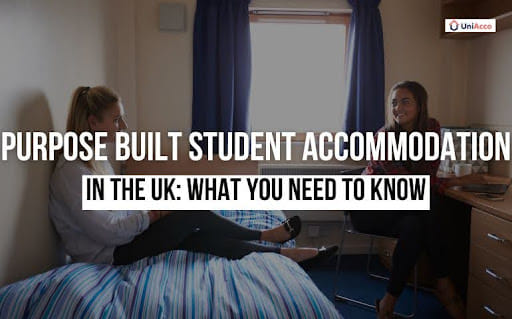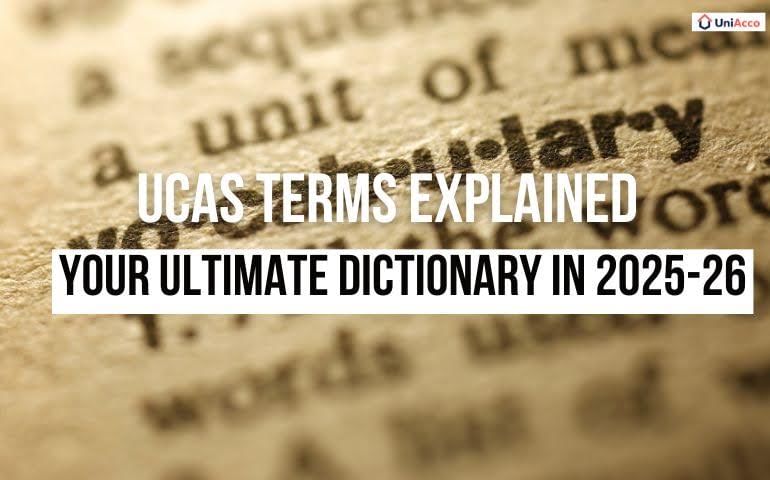Vancouver is a popular destination for international students wanting to study abroad. The city has a world-class education system, top universities, great quality of life, and is a popular travel destination. In addition, studying in Canada can be an affordable option for international students compared to other countries like the United States or Australia. However, the cost of living in Vancouver, Canada may come as a shock compared to your home country.
The average cost of living in Vancouver ranges from CA$ 1,673 – CA$ 2,673, depending on your lifestyle and how you budget. But everything aside it is possible to get along on a modest budget with careful planning and a willingness to forgo many of the things that are often taken for granted elsewhere. This article will review Vancouver’s living expenses and will help you in coming up with a budget for studying in Canada.
Cost Of Living Calculator
| Description | Cost (£) |
|---|---|
| Total Cost of Accommodation | 100 |
| Total Cost of Transport | 50 |
| Total Cost of Utilities | 30 |
| Total Cost of Food | 70 |
| Total Estimated Cost | 250 |
Breakdown Of The Cost Of Living In Vancouver, Canada
Given that about one-third of its residents are Chinese, Vancouver is referred to as the “most Asian, non-Asian city in the world.” Vancouver’s average cost of living is higher than Toronto’s by almost 10%. If you’re considering moving here, be aware that housing costs in Vancouver have become astronomical. This breakdown of Vancouver’s monthly expenses is based on each particular and will give you an idea of how much you might have to spend each month as an international student –
| Item | Cost (Per Month) |
| Off-Campus Accommodation | CA$ 500 |
| On-Campus Accommodation | CA$ 1,500 |
| Transportation | CA$ 124 |
| Food | CA$ 754 |
| Utility | CA$ 96 |
| Entertainment | CA$ 99 |
| Groceries | CA$ 96 |
| Clothes | CA$ 53 |
| Total Cost of Living with Off-Campus Accommodation (Per Month) | CA$ 1,673 |
| Total Cost of Living with On-Campus Accommodation (Per Month) | CA$ 2,673 |
| Annual Cost of Living | CA$ 19,176 |
Cost Of Accommodation
Renting an apartment with a kitchen and bathroom can cost anywhere from $500 – $1,500 per month. Shared student accommodation from a private individual will cost less and bring your monthly cost of living in Vancouver, Canada to an affordable budget each month. As a general rule, it’s cheaper to rent your accommodation directly from an individual than it is to rent from a landlord.
Renting from a private individual can save you money because you only pay for what you need. Private individuals are also more flexible than renting from an agency or company because there are fewer rules about what kind of property the landlord needs to provide and how much notice they have to give you before ending your tenancy agreement.
Cost Of Food

Food prices in Vancouver are comparable to those in other Canadian cities. One exception is fresh fruit and vegetables which can be very expensive during the winter months when they’re not locally grown. Another is bread/fresh bread products which cost significantly more than similar items in some other countries. Groceries cost around CA$ 96 per month and eating at restaurants can cost a student about CA$ 754 monthly.
As one example, many restaurants don’t offer free water with meals—a basic amenity offered at most restaurants. Instead, customers must pay CA$ 2 – CA$ 3 per cup of tap water or purchase bottles of still or sparkling water at around CA$ 2 each if they want something to drink with their meal.
Those who prefer coffee will also find that Starbucks has a pretty good presence all over town (and yes there are Tim Hortons too), but both charge an arm and a leg for their drinks as well; Starbucks sells cups of drip coffee at CA$ 3 – CA$ 4 while Tim Hortons offers regular cups plus speciality options like lattes for CA$ 4 – CA$ 5 and macchiatos for CA$ 5.
Cost Of Transportation

The second-highest cost of living in Vancouver is transportation which can come up to around CA$ 124 per month for students. The city is known for its temperate climate, but that doesn’t mean you can get from your home to work without bundling up: the average temperature in December and January is a chilly 4 degrees Celsius (39 Fahrenheit).
Transportation costs are high by North American standards but comparable to those in major European cities. However, transportation costs are higher than those found in many other Canadian cities, so it’s worth considering whether moving back to Toronto or Montreal might save you some money.
Cost Of Entertainment

Entertainment expenses varies widely depending on preferences. Tickets for professional theatrical productions can be quite expensive while tickets for amateur productions often cost less than $10 per person. Many of the larger venues (like the Orpheum and Queen Elizabeth Theatres) cost more than $100 per person.
However, tickets for amateur theatrical productions are usually much cheaper. Some even cost less than $10 per person! If you’re interested in trying out this type of entertainment, be sure to check out local community art houses that put on shows by amateurs who want to practice their craft in front of an audience.
You can also find cheap tickets for musicals if you know where to look: some amateur theatres hold auditions for new performers every year and hold plays or musicals each spring and fall season respectively. Their productions are usually quite inexpensive because they rely heavily on volunteers from within the community rather than professionals who get paid very well!
Finally, if ballet or dance performances interest you then there are plenty available throughout Vancouver during different seasons: March – June is Ballet Season when all major companies such as National Ballet Of Canada perform locally; July – September marks Dance Festival where smaller companies come together under one roof at BC Place Stadium; October – November sees Winterlude Festival which includes ice skating competitions along Robson Street between Granville Street Bridge & Burrard Street Bridge with concerts held nightly after hours.
Miscellaneous Expenses
The miscellaneous category includes everything else in the cost of living in Vancouver, Canada including health care, clothing and personal grooming. Health care is expensive in Vancouver and there are no deductibles or co-payments for any medications or treatments. This can be a shock to Canadians who are used to paying for prescriptions out of pocket at home. If you plan on visiting the doctor often, consider buying supplemental insurance as a safety net.
Similarly, if you plan on shopping around for the best price on clothing or beauty products, do so at home before heading across the border just in case prices are lower where you live! Clothing tends to cost about the same as it does in most major world cities (with the exception of shoes). Men’s dress shirts tend to be pricier than women’s because of the higher labour costs associated with tailoring them properly. Overall, it’s also important to note that incidental household expenses such as cleaning supplies, small appliances (toaster ovens) and even basic furniture items will cost more in Vancouver.
Take Away
While it is possible to live frugally, doing so means making sacrifices in some areas. You’ll be surprised how much money you can save by giving up your daily latte and finding ways to get around town without a car. But if you can’t imagine living without a car, then Vancouver isn’t going to work for you! In conclusion, we’re not trying to discourage you from visiting Vancouver. We just want to make sure that you understand the cost of living in Vancouver, BC here before you make the trip. We hope these tips have helped!
FAQs
Q1. How much can international students earn in Vancouver?
Ans: In the Vancouver, British Columbia, Canada area, the average yearly wage for students is CA$ 39,140. With a range of CA$ 344 to CA$ 17,918, the average additional cash salary for students in Vancouver can come up to CA$ 2,481.
Q2. Is Vancouver good for international students?
Ans: Vancouver is without a doubt one of the best cities in Canada for students to reside! Every student who moves to this city enjoys living there, and being an international student is easy and simple.
Q3. Is Vancouver cheap for international students?
Ans: Tuition rates for overseas students to study at a university in Vancouver range from approximately CA$ 11,000 to approximately CA$ 50,000 or more; for example, if the student wishes to pursue a programme at Columbia College, the average tuition charge will be approximately CA$ 11, 289.
Q4. How much does it cost to live in Vancouver students?
Ans: Most students preparing to relocate to Vancouver may be curious about the cost of living in Vancouver. To answer succinctly, the overall cost is between $1,673 to $2,673 per month.
PS: If there’s anything more you’d like us to know about. Add it to the comments section!
Thank you for reading this blog on ‘Cost Of Living In Vancouver, Canada 2023’. If you’d like to read more, here are some blogs that may be of interest to you –















0 Comments